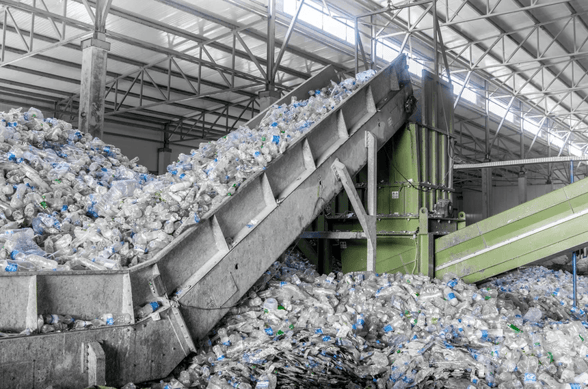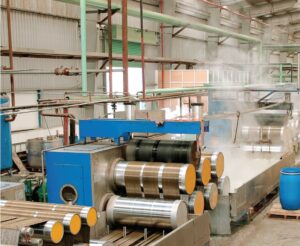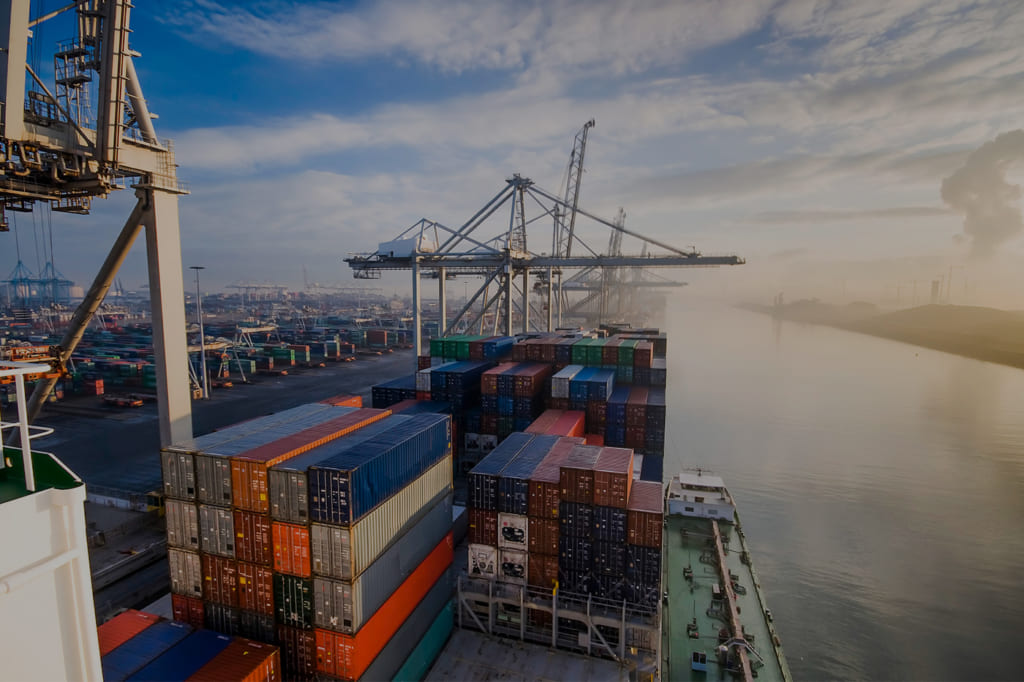Advantages of Recycled Polyester
Recycling polyester helps to keep plastics from going to landfills and the ocean. Every year, 8 million metric tons of plastics enter the ocean, on top of the estimated 150 million metric tons that currently circulate in marine environments . If we continue at this pace, by 2050 there will be more plastic in the ocean than fish .
Recycled polyester is a sustainable textile option that is almost the same as virgin polyester in terms of quality, but its production requires 59 percent less energy compared to virgin polyester . Manufacturers of recycled polyester aim to reduce CO2 emissions by 32 percent in comparison to regular polyester . In addition, recycled polyester can contribute to reducing the extraction of crude oil and natural gas from the Earth to make more plastic .
It’s important to be mindful of the environmental impact of our clothing choices and consider more sustainable options when possible. By choosing recycled polyester, we can help to reduce plastic waste and protect our planet’s oceans.
Disadvantages and Limitations of Recycled Polyester
Recycling polyester is a sustainable textile option that helps to reduce plastic waste and lower the environmental impact of apparel production and consumption . However, recycling plastic has its limitations. Many garments are not made from polyester alone, but rather a blend of polyester and other materials. In that case, it is more difficult, if not impossible, to recycle them . Even clothes that are 100 percent polyester can’t be recycled forever . There are two ways to recycle PET: mechanically and chemically. Mechanical recycling is taking a plastic bottle, washing it, shredding it and then turning it back into a polyester chip, which then goes through the traditional fiber making process. Chemical recycling is taking a waste plastic product and returning it to its original monomers, which are indistinguishable from virgin polyester. Those can then go back into the regular polyester manufacturing system. Most recycled polyester is obtained through mechanical recycling, as it is the less costly of the two processes and it requires no chemicals other than the detergents needed to clean the input materials. However, through the mechanical process, the fiber can lose its strength and thus needs to be mixed with virgin fiber .
Many garments are not made from polyester alone, but rather a blend of polyester and other materials. In that case, it is more difficult, if not impossible, to recycle them . Even clothes that are 100 percent polyester can’t be recycled forever . There are two ways to recycle PET: mechanically and chemically. Mechanical recycling is taking a plastic bottle, washing it, shredding it and then turning it back into a polyester chip, which then goes through the traditional fiber making process. Chemical recycling is taking a waste plastic product and returning it to its original monomers, which are indistinguishable from virgin polyester. Those can then go back into the regular polyester manufacturing system. Most recycled polyester is obtained through mechanical recycling, as it is the less costly of the two processes and it requires no chemicals other than the detergents needed to clean the input materials. However, through the mechanical process, the fiber can lose its strength and thus needs to be mixed with virgin fiber .
The polyester chips generated by mechanical recycling can vary in color: some turn out crispy white, while others are creamy yellow, making color consistency difficult to achieve . Some dyers find it hard to get a white, so they’re using chlorine-based bleaches to whiten the base, inconsistency of dye uptake makes it hard to get good batch-to-batch color consistency and this can lead to high levels of re-dyeing, which requires high water, energy and chemical use
While recycled polyester is a more sustainable option compared to virgin polyester fibers manufactured from raw materials, it is not a perfect solution. Recycled polyester can still release microplastics, which are small plastic particles that can travel through our air, soil, and waterways . According to a recent study by a team from Plymouth University in the UK, each cycle of a washing machine could release more than 700,000 plastic fibers into the environment . These microplastics can be harmful to the environment and can be ingested by marine life, which can have serious health consequences






